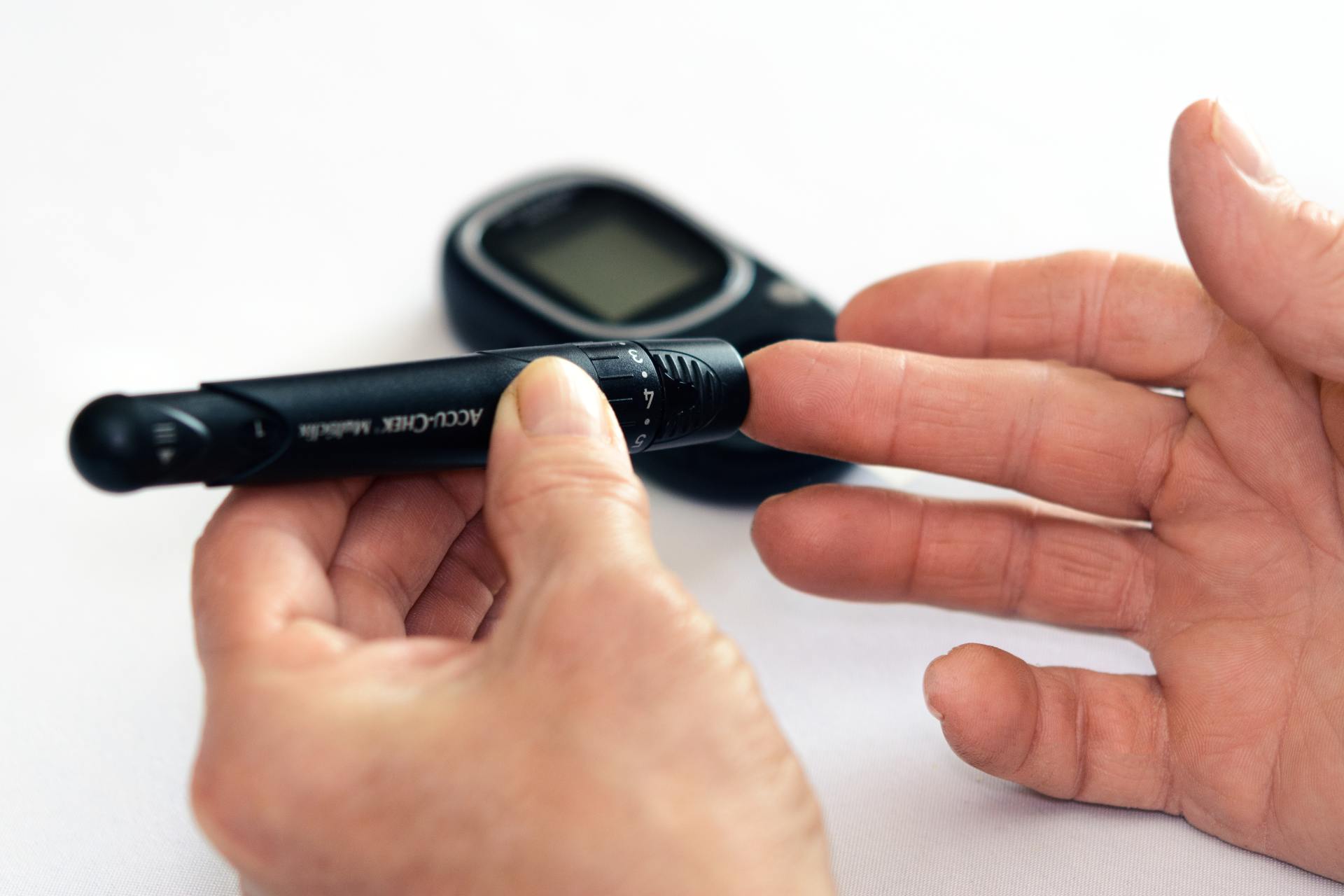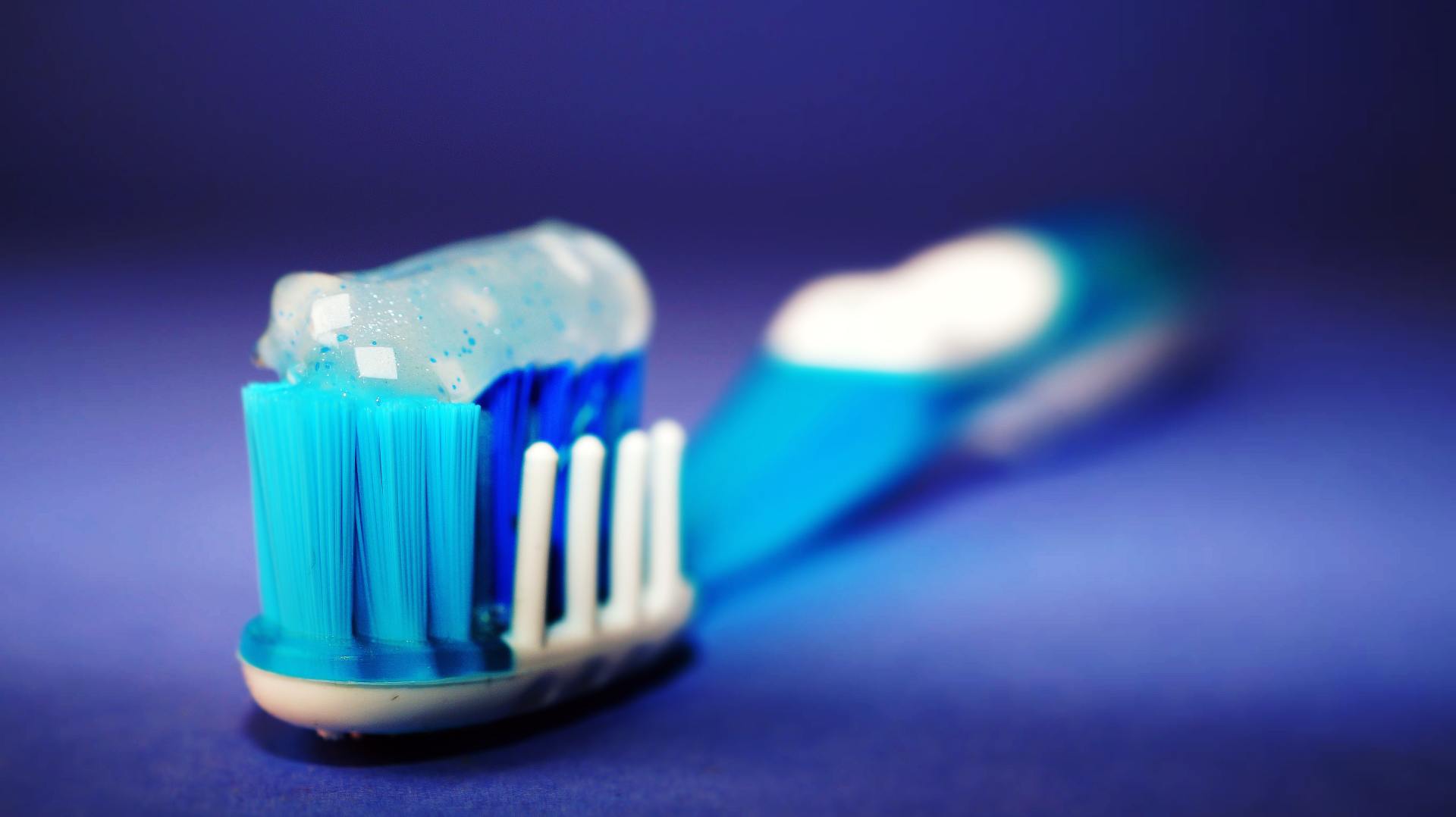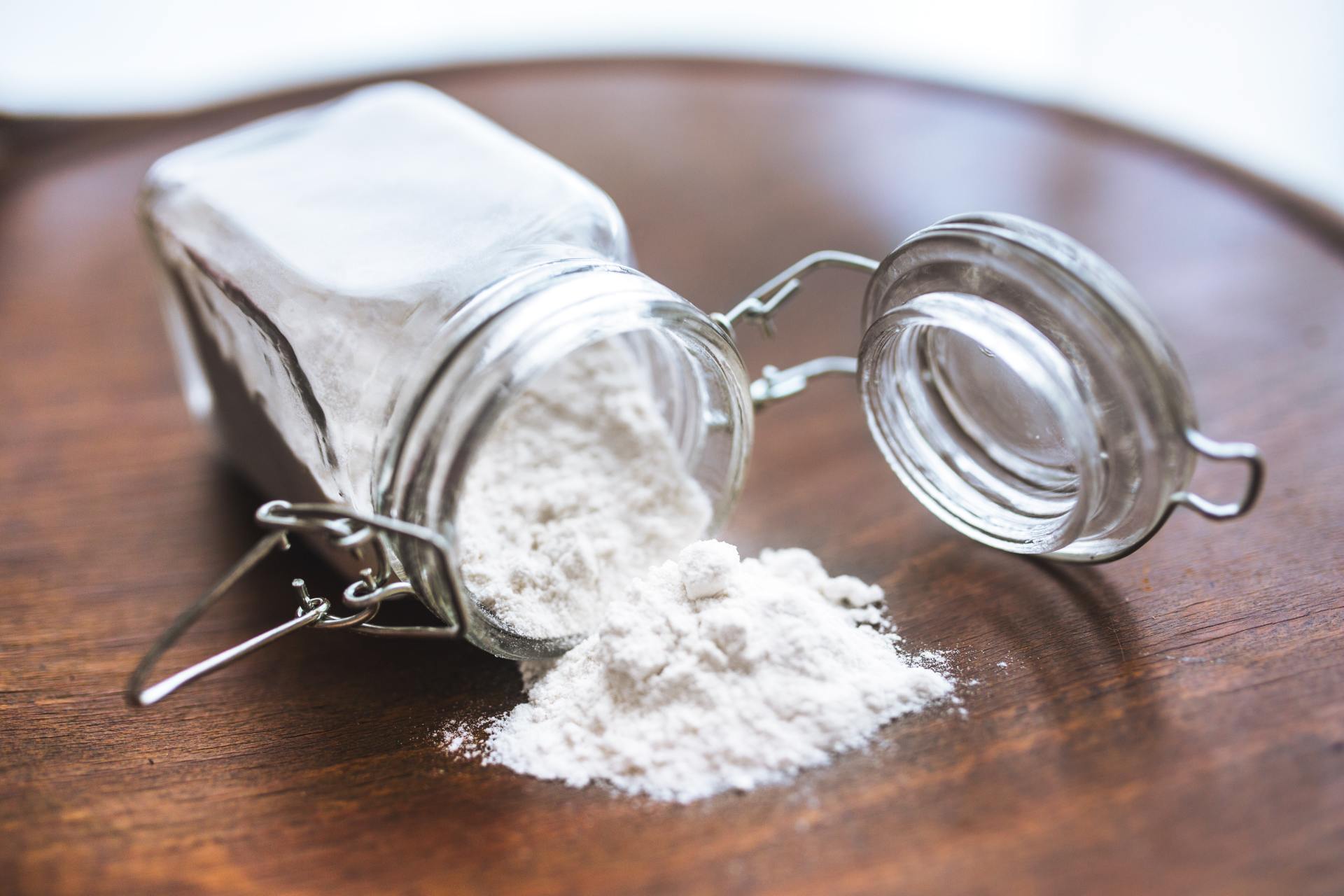Neuropathy
- By Healthy Living Liberty Lake
- •
- 25 Sep, 2017
- •

If you have ever had painful burning and tingling in your feet, a feeling of walking on pins and needles all the time, then you know how agonizing neuropathy can be. As it progresses, it can even cause muscle weakness and stumbling. The condition is caused by damage to the nerve endings, causing them to “short-circuit.” What causes this damage?
By far the most common reason is diabetes. However, other causes include:
- Alcoholism
- B vitamin deficiencies
- Medications, especially chemotherapy
- Chronic infections such as hepatitis C, HIV, and Lyme
- Trauma that can sever a nerve
- Kidney disease
- Hypothyroidism
- Heavy metals
- Surgery to the lumbar/sacral spine, or low back
If your neuropathy is caused by diabetes, you must first get control of the blood sugars. This includes a lower carbohydrate diet, exercise, supplements such as berberine, and medications when needed. The exact connection between blood sugar control and the development and severity of diabetic neuropathy is not fully understood. I have seen type 2 diabetics that appear to have good blood sugar readings, but will have classic neuropathy signs and symptoms.
B12 deficiency must be ruled out. Remember, metformin, the most common oral drug used to treat diabetes, causes a B12 deficiency, and this alone can precipitate neuropathy. I always give a B12 shot to see if it has any effect. A while ago, a patient came in complaining of the acute onset of constant numbness and tingling in her hands and feet; while I pursued her workup, I gave her a B12 shot, and by the next day her symptoms resolved! She will now be getting B12 regularly.
But if your neuropathy is not caused by something so easily remedied, how do we treat?
Treatment can be difficult. Pain meds, such as opiates, do not work well, and of course have the risk of addiction. There are specific meds used for nerve pain, which include gabapentin and lyrica, the two most commonly prescribed meds with the lowest frequency of side effects. Other treatments include acupuncture, TENS, spinal cord stimulation, massage therapy, and even surgery. There are also various tropical creams that can be made by compounding pharmacists that have been effective. One such formula contains ketoprofen, amitriptyline, gabapentin, and lidocaine.
I also use supplements to help reduce pain and regenerate nerves. I will often use supplements in combination with meds. By far, the top five supplements for diabetic neuropathy are:
- Acetyl-L-carnitine
- Alpha-lipoic acid
- B12
- Magnesium
- Benfotiamine – an activated form of thiamin, methyl-folate,
and CoQ10
The research on each of these nutrients is extensive, and I used to give each of these individually to patients with neuropathy. But now there is a formulation that has all of them in one supplement, and I highly recommend it to these patients: RevitalAge Nerve. It’s made by Pure Encapsulations, is pharmaceutical grade, and very well absorbed. Also, have your doctor give you regular B12 shots (you can’t overdose) to further optimize your levels.
The combination of reducing blood sugar levels, taking RevitalAge Nerve and using a prescription cream formulated by compounding pharmacists have given the best pain relief for my patients.
By Dr. Susan Ashley, M.D.

By Dr. Susan Ashley, MD

By Dr. Susan Ashley, MD

Opiates taken long term also leads to a reduced pain threshold, meaning a person on them will feel pain at a much earlier level than someone else.
There's a lot of interest now in using cannabis to reduce chronic pain, and studies have shown they can be quite effective for neuropathy, migraines, spasticity and joint pain.
However, it doesn't always work, and now a new study shows why.
Then at the end of the 4 years, the people who used cannabis for pain had greater pain severity scores They also found that the meds and other remedies taken for pain were less likely to be effective. In addition, they had greater generalized anxiety disorder severity scores. The bottom line-- the cannabis users were not able to decrease the use of narcotics. Why?
Because of the well known fact that chronic narcotic use decreases pain threshold. In fact in some people the threshold becomes so low that even minor pains can seem intolerable. In essence, the narcotics cancel the pain relieving effects of the cannabis.
Chronic opiates should be avoided as much as possible in chronic pain. Tolerance develops quickly, addiction can occur, and pain threshold is lowered. If you have chronic pain, use other modalities first to try to alleviate the pain. This includes cannabis, acupuncture, anti-inflammatory drugs, weight loss, energy medicine, and stem cells. We have used IV stem cells for reduction of neuropathy pain with good effects.
By Dr. Susan Ashley, MD

Not only that, but those who walked at a fast pace reduced their risk of death even further, by 24 percent.
All it took was putting one foot in front of the other a little more quickly!
And when the researchers zeroed in on cardiovascular disease deaths among participants over age 60, the results were even more striking.
Compared to the slowest walkers, average-paced walkers slashed their risk of dying from cardiovascular disease by 46 percent -- and the fast-paced walkers slashed it by a whopping 53 percent.
Now, the study didn't determine exactly how walking at a faster pace can add years to your life. And how fast do you have to walk just to hit the "average" mark? How brisk is brisk?
In the study, a "fast" pace was defined as one that makes you slightly out of breath or sweaty when sustained. That could vary depending on how much you weigh, how much sleep you got, how much you ate earlier in the day, etc. So there was no exact speed such as 3 mph or 4 mph.
By Dr. Susan Ashley, MD

By Dr. Susan Ashley, MD

Side effects of triclosan include:
- About 1/2 cup coconut oil
- 2-3 Tablespoons of baking soda
- 2 small packets of stevia powder
- 15-20 drops of peppermint or cinnamon essential oil
- 10 drops myrrh extract (optional)
Natural Toothpaste Instructions
- Melt or slightly soften coconut oil.
- Mix in other ingredients and stir well. If using semi-hard coconut oil, use a fork, if not, use a spoon. If you are using completely melted coconut oil, you will need to stir several times while the mixture cools to keep the baking soda incorporated.
- Put mixture into small glass jar (I make different ones for each family member)
- Let cool completely.
- To use: dip toothbrush in and scrape small amount onto bristles. Could also use a small spoon to put on toothbrush.
By Dr. Susan Ashley, MD

By Dr. Susan Ashley, MD

By Dr. Susan Ashley, MD

By Dr. Susan Ashley, MD

By Dr. Susan Ashley, MD
